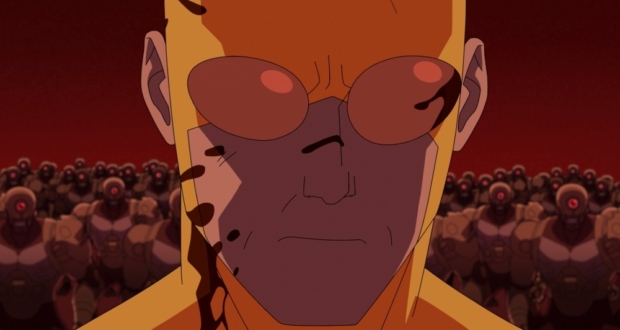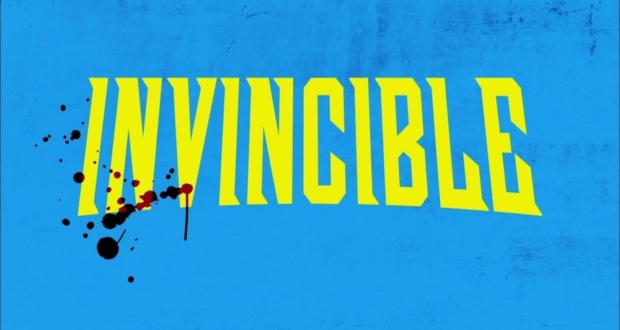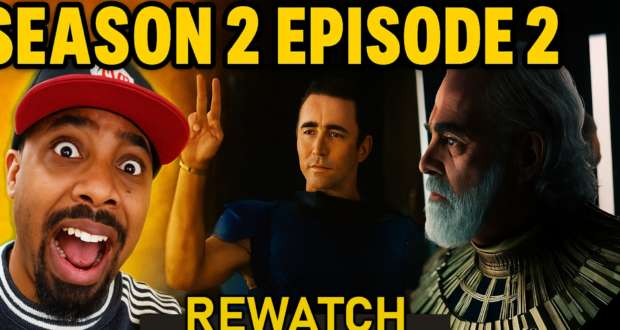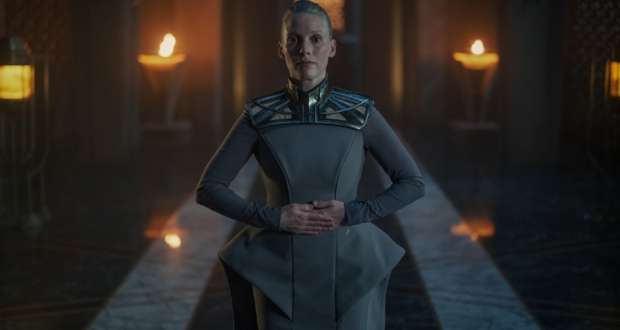Andor season 1 was a touchstone when it came to how we saw Star Wars as a franchise. The Disney+ original series gave us a side of Star Wars that is more adult, nuanced, and complicated. Stripping away the Jedi and lightsabers, creator Tony Gilroy told a story about the people in that universe affected by the machinations of religious wizards and evil despots. Now that Andor Season 2 is streaming on Disney+, a recent rewatch of season 1 revealed a connection between Andor and Yoda’s most infamous line from The Empire Strikes Back.
Andor season 1 follows the story of Cassian Andor (Diego Luna), a displaced man who finds himself in the crosshairs of a progressively escalating fascist regime. Through Cassian’s story, we learn of the smaller stories in the Star Wars universe that established the organized rebellion we see in the franchise’s first film, Star Wars: A New Hope.
Cassian Andor’s Evolution Through Nemik’s Influence

Andor Rebellion Yoda
A lot happens in season 1 of Andor that changes Cassian from being resistant to the rebellion to becoming the resolute warrior we see in Rogue One. One such experience was his path crossing with that of Nemik (Alex Lawther). Teaming up as part of a heist, the young and idealistic Nemik was working on a manifesto for this budding rebellion that threatens the Empire. Nemik finding hope in defiance was foreign to Cassian, but his influence was crucial in his evolution.
One of the best scenes in Andor season 1 is the voiceover of Nemik over scenes of others preparing for rebellion. The speech ends with “One single thing will break the siege. Remember this. Try.” Nemik’s speech is hopeful, inspiring, and instigative. But in a very casual and matter-of-fact way. Lawther’s performance and delivery make it sound like rebellion is the natural reaction to the Empire’s oppression. It’s not a choice; it is what must be. Freedom will come, so everyone just needs to try.
Yoda’s Influence On Luke Skywalker Took A Different Approach
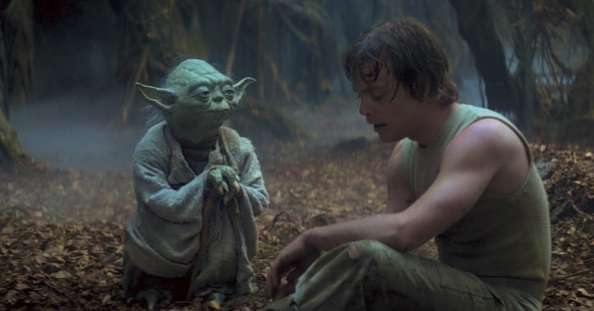
Image via Disney+.
Nemik’s line and the spirit behind it directly connect to another famous, albeit shorter, speech in Star Wars. When Yoda was guiding a young and despondent Luke Skywalker (Mark Hamill) in Star Wars: The Empire Strikes Back.
When teaching him to use the Force to lift his X-Wing from the swamp, Yoda snapped at the young (actually, too old) hopeful Jedi with the line that has become motivational for generations since: “No! Try not. Do. Or do not. There is no try.” Meant to light a fire under Luke, the power of positive thinking (aka The Force), and imbue him with confidence in that moment. But since The Empire Strikes Back, the line has taken on a life of its own in pop culture. From being embroidered in motivational pillows to the war cry of fitness trainers all over the world, it’s an iconic line.
While the specific line itself is not a Jedi code or philosophy, it lines up with Jedi philosophy. As one of the oldest and wisest Jedi, we can accept that Yoda’s message to Luke was based in Jedi teachings, with his own syntaxtual spin on it. We know the Jedi want their students to be without doubt, without fear. So in a moment of weakness, when Luke was a little aloof about his attempt, Yoda’s words were meant for him to refocus and believe in himself. To focus on the action instead of the fear that accompanies a half-hearted attempt. “Just do it!” would be a famous brand motto with a similar sentiment.
Intersecting Philosophies That Bind The Rebels And The Jedi

Andor Rebellion Yoda
Both speeches initially feel at odds with one another. Yoda’s preaching to focus on the action, not the outcome. “Do, or do not.” Nemik’s ideology is more focused on the effort, regardless of the outcome. “Remember this. Try.” However, upon deeper analysis, both lines share a common purpose, symbolizing the core values of Star Wars.
Like Yoda with Luke, Nemik’s speech was based on a sentiment to boost the universe up. To rise up. Stand and fight against tyranny. To try even in the face of failure. To try because eventually it will be “one too many” for the Empire to fight against. Nemik’s approach is to point out how ‘trying’ is the right philosophy, ethically and morally, when faced with oppression. With a hopeful bias that the united effort of all those downtrodden will result in success. Whereas Yoda’s is devoid of any such poetic ideology or emotional provocation. It reflects the cold, disciplined pragmatism of Jedi philosophy.
Andor season 2 is now streaming on Disney+ with 3 episodes releasing weekly.
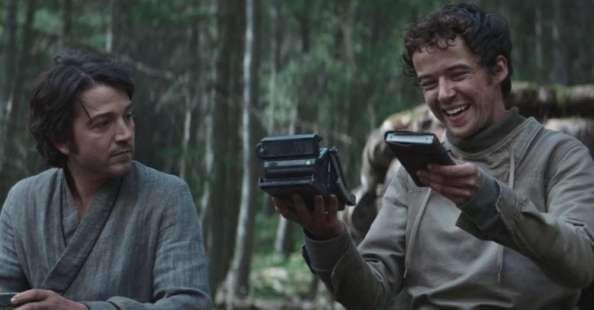
Andor Rebellion Yoda
Ultimately, both approaches result in the same philosophies: a defiance of tyranny and an imperative need to take action in the face of oppression, regardless of outcome. Jedi don’t think about the risk to their lives when running into danger; they just do. The rebellion isn’t untrained farmers and civilians risking their lives on the guarantee of success; they’re just people trying.
What are your thoughts on the parallels between Nemik’s and Yoda’s words? Share your insights in the comments or let me know on X @theshahshahid.”





